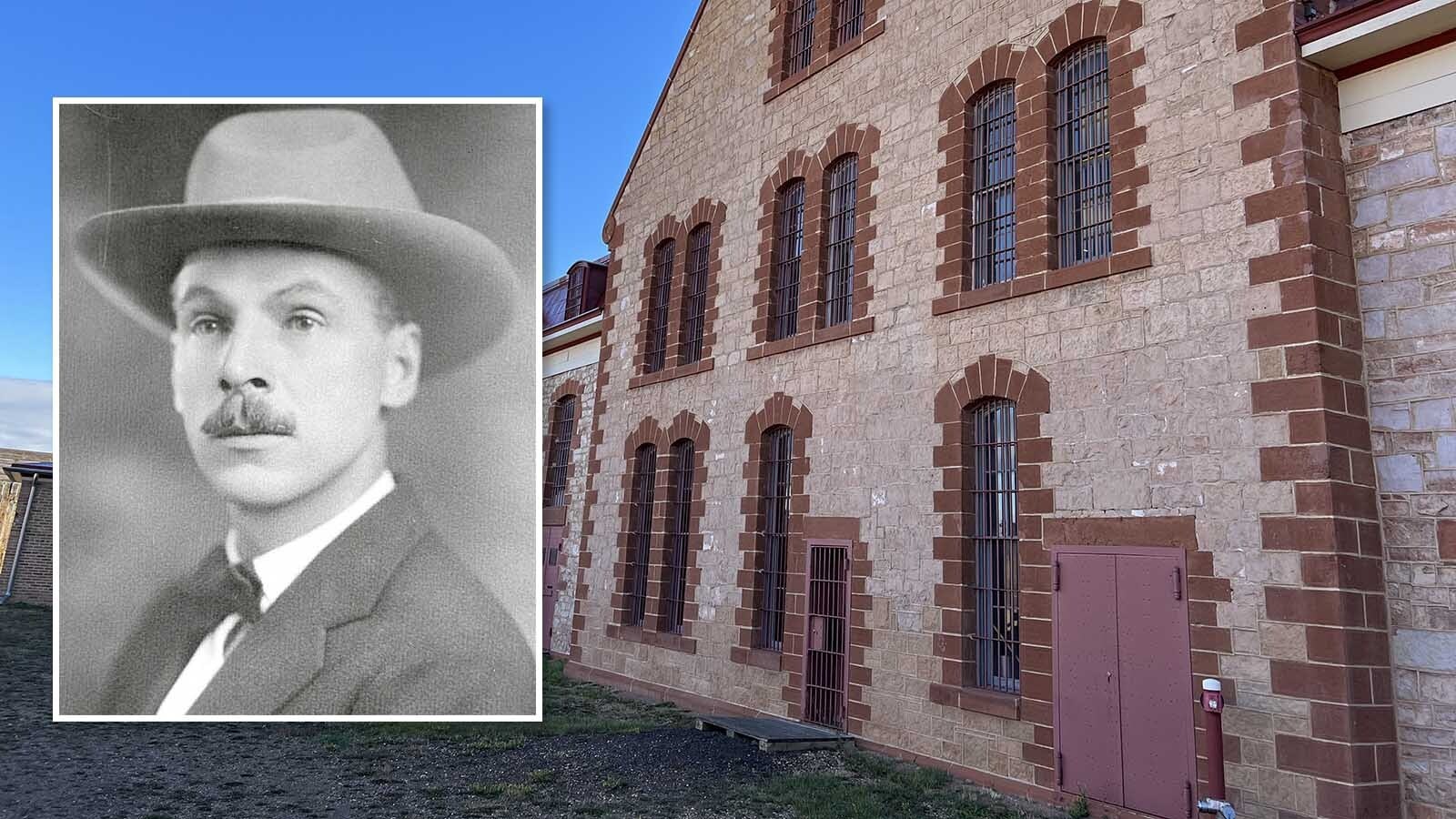JACKSON — Before and after school in Jackson, traffic on the pathways around town can play out like a scene from the apocalyptic road rage film “Mad Max” — if all the characters rode e-bikes.
“It can be quite intimidating when you're going contraflow to the school commute, and there's 50 middle school kids coming at you,” Brian Schilling, pathways coordinator for the town of Jackson, told town council members and Teton County Commissioners during a joint meeting Monday. “Even when they're going 12-15 mph, it feels like they're coming at you a lot faster than that."
This scene and others were shared during a presentation from Schilling and the advocacy group Friends of Pathways, which are working with local schools and law enforcement to bring order and safety to Jackson’s extensive network of bicycle and walking trails.
Alden Wood lives near Russ Garaman Park and a pathway that gets crowded with commuting school kids.
“When everyone leaves the middle school and high school and they live in town, they come right by our house,” said Wood, owner of Tower 3 Productions and mother of two elementary school students. “There are certain times of day, it is like a literal highway, you know kids flying.”
Wood also said she sees the benefits of e-bikes — how they help reduce car traffic and allow working parents to stay focused on their jobs and not fight traffic dropping off and picking up their kids.
“It gives kids autonomy. I think it's great,” said Wood, acknowledging how e-bikes are a good fit for Jackson’s extensive trail system. “But I do see conflict, though, with other people in front of our house yelling at an e-biker.”
Community frustration has been bubbling over on social media, where residents share concerns about safety and rule violations.
"Head over to the middle school when kids get out. It's bonkers how many e-bikes and honestly scary to watch them all take off," wrote one Jackson resident in a Facebook exchange on May 30 about e-bike behavior, capturing what many locals witness daily during school dismissal times.
Another resident described a serious incident involving an e-bike: "As someone that personally knows someone who was run over by an e-bike rider on their pedal bike who sustained a brain injury, emergency medical flight to outside hospital and a laundry list of subsequent medical issues as a result of being run over by 'just an e-bike.' These are not just people out riding their bikes."
Stepping Up Safety
Looking to defuse future Mad-Maxian situations, the town of Jackson, Teton County and Friends of Pathways are teaming up to fund an ongoing safety program.
During Monday’s joint meeting, the town and county approved $47,000 in funding for the campaign, responding to mounting community concerns.
“We can say for sure that given the number of calls we have received in the last five years overwhelmingly they're voicing a concern about e-bikes,” said Schilling.
The funding comes as pathway usage continues to spike to unprecedented levels.
"This August, we are reaching 900,000 pathway counts," said Sam Petri, communications and advocacy director at Friends of Pathways, explaining that every one-way trip to a specific destination registers as one count. "We will definitely hit a million pathway counts by September. It will likely be one of the higher uses of the pathways for 2025 that we've seen. It'll be a record breaker."
A comprehensive 2025 study conducted by Friends of Pathways in Jackson revealed the extent of e-bike integration in the community. According to the survey of nearly 1,300 residents, "54% of respondent households have an e-bike user," with about 75% of e-bikers using their e-bikes daily or weekly when paths are snow-free.
The study confirmed that speed is the primary concern.
"Speed and its contribution to other issues were the most commonly discussed issues throughout the process, and most commonly experienced negative interaction with e-bikes," the report states. "E-bike speed, the number one issue identified throughout the process, has to do with the e-bike technology that enables it, the e-bike weight that makes it harder to control, the choke points in the system where the speed is dangerous.”
The survey revealed that 92% of respondents have had negative interactions with e-bikers going too fast, while 88% reported e-bikers not adhering to pathway or road network rules.
Part of the safety issue stems from illegal modifications to legally-classified e-bikes. Schilling explained the legal framework during Monday’s meeting.
"Type one is pedal assist up to 20 miles an hour. Type two is throttle assist 20 mph. Type three is pedal assist only up to 28 mph," Schilling said during the Aug. 4 joint meeting. "These are the common characteristics of low speed electric bicycles that are legally classified as bicycles, not motorized vehicles."
However, out on Jackson’s pathways, riders continue to zip around on souped up bikes.
"The vast majority of the type twos that you're seeing that can go faster than 20 have been modified," Schilling noted. "The first thing I think that most kids do or most people do when they get their bike is they watch the YouTube video that tells them how to override the software that limits their bike to 20 miles an hour. That, by its nature, makes it an illegal vehicle on our pathway system."
Even more concerning are the completely illegal vehicles appearing on pathways.
"There's a whole category of things that we're seeing out there that are not in any way legal on the pathway system. They don't have operable pedals,” observed Schilling. “Some of them are throttle that off the shelf goes 55 mph, which we all concur that is an absolutely horrible thing to have on a pathway.”
More Bikes, Fewer Cars
One major upside to e-bikes: Increased use helps reduce car traffic on Jackson’s crowded streets.
"It's like a huge thing, especially in Jackson,” said Petri. “Getting all those people out of their cars and on the paths is a totally positive thing."
The safety program now aimed at those paths includes teaching youth and parent bike skills through the public schools, removing illegal vehicles and employing traffic calming measures in congested areas.
Also, an ambassador program will place trained volunteers at key locations during peak usage times, particularly near schools and popular areas like Garaman Park.
"I think it will be one of the best things for any kind of conflicts on the paths," Petri said.
Friends of Pathways is seeking volunteers who enjoy walking and biking. The program will offer approximately $1,500 stipends for about six ambassadors.
The ambassador program will launch just as Schilling sees encouraging signs of improvement, particularly among the age group that generates the most concern.
"I will say that whenever I go out on the pathway, some of the best behavior I see is from kids on e-bikes who are middle school age or high school age,” Schilling said Monday. “They're doing all the things that we have asked them to do, and they're doing it well.”
David Madison can be reached at david@cowboystatedaily.com.









